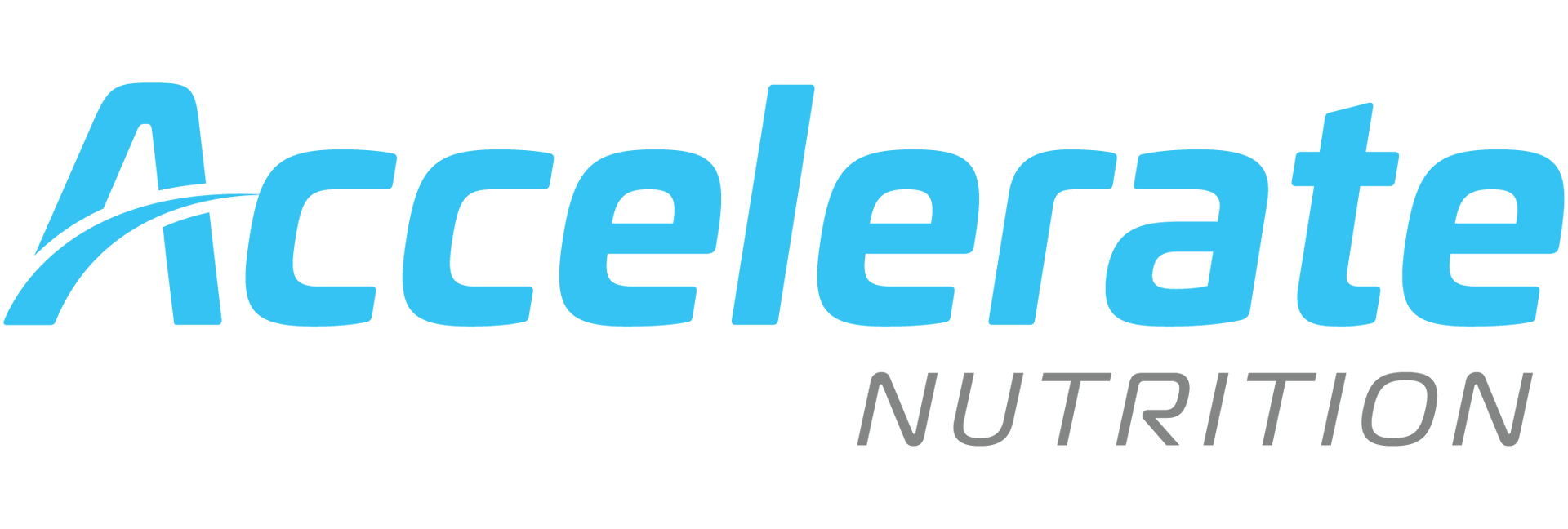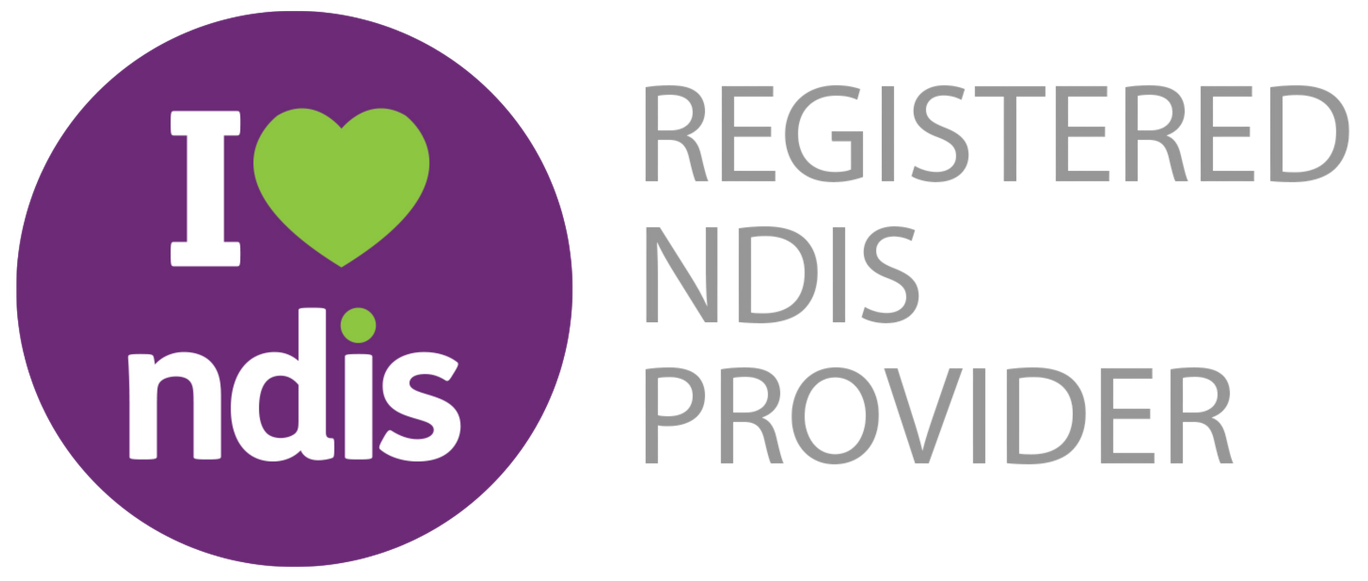Low FODMAP Diet - What It Is
At Accelerate Nutrition, our dietitians have completed further training from Monash University in using Low FODMAP Diets for people with irritable bowel syndrome (IBS). Gut health is a passion area for us – we love helping people manage their gut symptoms, feel great and eat freely again.
What is the Low FODMAP diet?
FODMAPs are a group of short-chain carbohydrates (sugars) that aren’t absorbed properly in the gut, which can trigger symptoms for people with IBS. FODMAPs are found naturally in many foods and food additives.
IBS is a very common gut problem with symptoms including abdominal pain, bloating, wind and changes in bowel habit (diarrhoea, constipation, or both).
The Low FODMAP diet consists of three phases: FODMAP restriction; FODMAP reintroduction; and FODMAP personalisation.
Benefits of seeing a Dietitian
Dietitians have extensive knowledge of food and nutrition and are the experts in educating people on disease-specific dietary advice, including IBS.
- A 2019 evaluation study (Tuck et al) found that IBS symptoms and Low FODMAP diet compliance were both improved in people who sought Dietitian guidance.
- Seeing a dietitian helped people to achieve the therapeutic target for FODMAP intake, and improved their ability to correctly follow the diet’s 3 phases.
- Without dietitian guidance, people were twice as likely to be non‐responders to the diet (<25% symptom improvement).
Food elimination diets can be tricky to navigate on your own. Relying on generic Low FODMAP meal plans and food lists alone will likely make it difficult to adhere and fully implement the diet’s 3-phases.
Personalised and targeted dietary advice is key to ensure your diet doesn’t become overly restrictive, and the process is achievable and sustainable.
If you have IBS, feel free to get in touch with us, to find out how we can help you.
Reference: Tuck, C et al. Implementation of the low FODMAP diet in functional gastrointestinal symptoms: A real‐world experience.
Neurogastroenterology & Motility.
2019.





